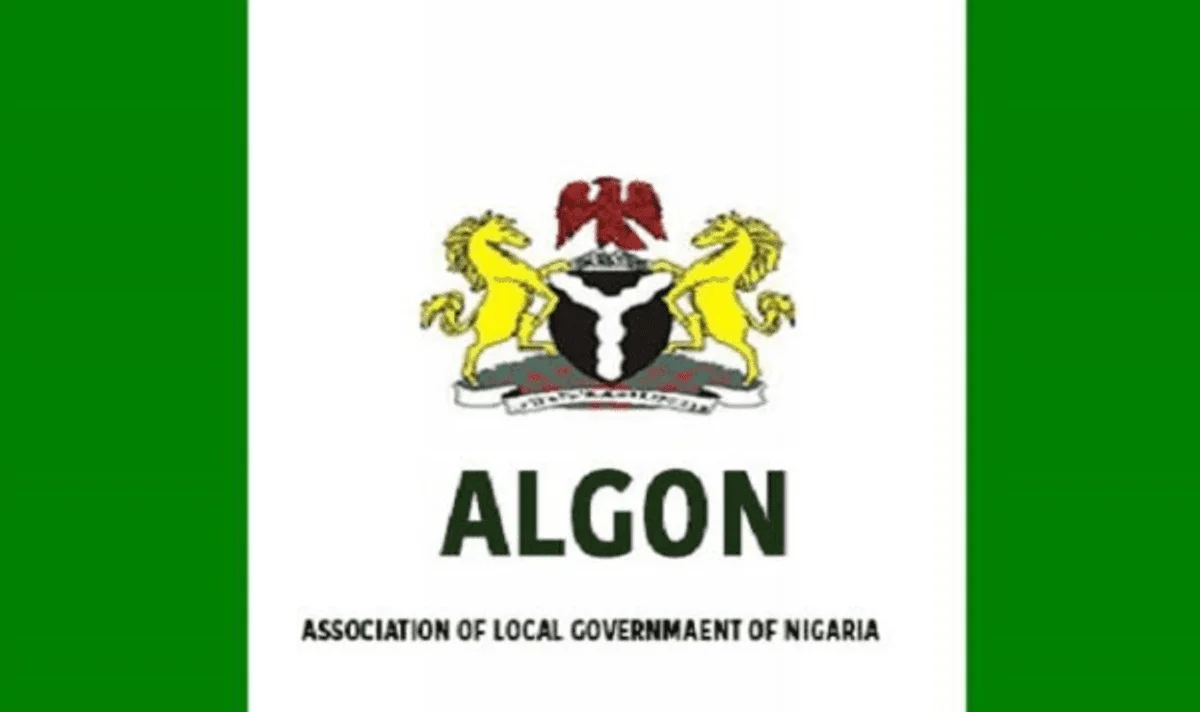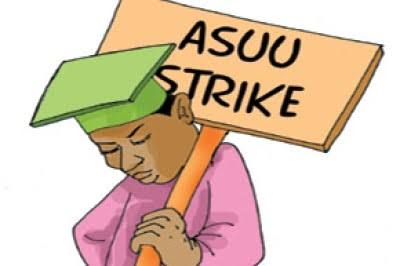
Following the Supreme Court’s decision to give the 774 local government areas fiscal autonomy, reactions have persisted, with different parties advocating for policies to guarantee the decision’s proper execution.
Some people worry that local government chairmen won’t be able to handle the independence, while others expressed worry that the governors would take over through covert means.
Nonetheless, Muazu Maifata, the president of ALGON, the Association of Local Governments of Nigeria, stated to ZINGTIE in an interview that the ruling would bring about a broad reversal in the rural areas’ development.
Maifata requested an upward revision of the monthly distribution to the nation’s 774 local government councils, expressing her delight with the Supreme Court’s decision.
He emphasised that Nigerians and certain state governors had welcomed the ruling, saying it had guaranteed local governments’ survival.
The head of ALGON pleaded with the local government administration to uphold third-tier accountability in order to honour the Supreme Court’s ruling and the president’s gesture.
“We are happy with the judgement. Nigeria and Nigerians accept the decision.
“Some governors, like those of Lagos, Nasarawa, and Delta are not interfering with local government funds.
“With this judgement, the future of local governments will be secured as it will create a robust economy, strengthen security, and address other challenges.
“We commend the President for his vision to empower the people thus. This judgement will help us achieve that vision.
“We must be accountable and transparent in our dealings. This judgement is an opportunity for us to serve the people better,” he stated.
Human rights advocate, Mr. Auwal Gombe from Gombe State also spoke with ZINGTIE, stating that he anticipates better infrastructure development as a result of local government being given more financial autonomy.
“As a grassroots person, I expect improved infrastructure development, enhanced basic services, agricultural development, youth empowerment, transparency and accountability, community engagement, local economic growth, improved security, environmental management and grassroots development projects.
“By expecting these outcomes, I believe fiscal autonomy will enable local governments to become more responsive, effective, and accountable to the people, leading to meaningful development and improved living standards at the grassroots level,” he said.
Mcfrederick Edache, a psychologist, claims that the general public expects local governments to recognise and address community needs without interfering politically.
He said, “Let the 774 local government areas in the country identify community needs and execute them. Needs such as water, electrification, road, primary healthcare, schools, agricultural equipment and youth empowerment.”
Oyiwona Augustine, a resident of the Federal Capital Territory, stated that the people at the grassroot expect a rise in the standard of living.
“In a country where things work, this should be the channel through which the rural people would begin to enjoy the true dividends of democracy, which they have been denied for decades.
“I don’t want to sound like a prophet of doom, but based on the Nigerian system, I foresee misuse of powers, looting and extravagant spending,” he added.
Ali Adams, a resident of Suleja, Niger State, bemoaned the deterioration of rural infrastructure and claimed that local governments’ economic autonomy ought to be a magic bullet for massive development in all its forms.
“Honestly, most of the rural areas are underdeveloped because of financial constraints.
“But now the local government can go on repairing some minor roads, drilling boreholes for the community, maintaining some primary schools, especially their building, paying vigilantes and hunters to protect the local areas and providing electricity to the local areas,” he said.
Agih Isaac Sylvester, a resident of Lagos, stated that he anticipates seeing more advancements in rural regions and that the Constitution and other statutory provisions outline the LGAs’ authority and duties.
He said, “I expect to see especially the implementation of those functions to their fullest.
“Let citizens at the grassroots feel the presence of the government and vice versa.”
Joseph Adah, a native of Mararaba in the state of Nasarawa, hopes for improved economic conditions as well as participation in government initiatives.
He told ZINGTIE that, “Since allocations from the federal government will now be made straight to local governments for immediate use unlike when it will have to pass through the state and will definitely slow down the purposes to which the allocation is being made, we expect a turnaround development wise.”
The Supreme Court’s decision, according to Peter Uloko of Kaduna State, presents a chance for grassroots improved administration. He stated that if the councils—particularly the majority of local government chairmen in the big cities—were not held accountable, it might be the people’s worst nightmare.
He said, “holding them accountable won’t be so easy, but I believe in rural areas, most will experience development.”
Please don’t forget to “Allow the notification” so you will be the first to get our gist when we publish it.
Drop your comment in the section below, and don’t forget to share the post.







